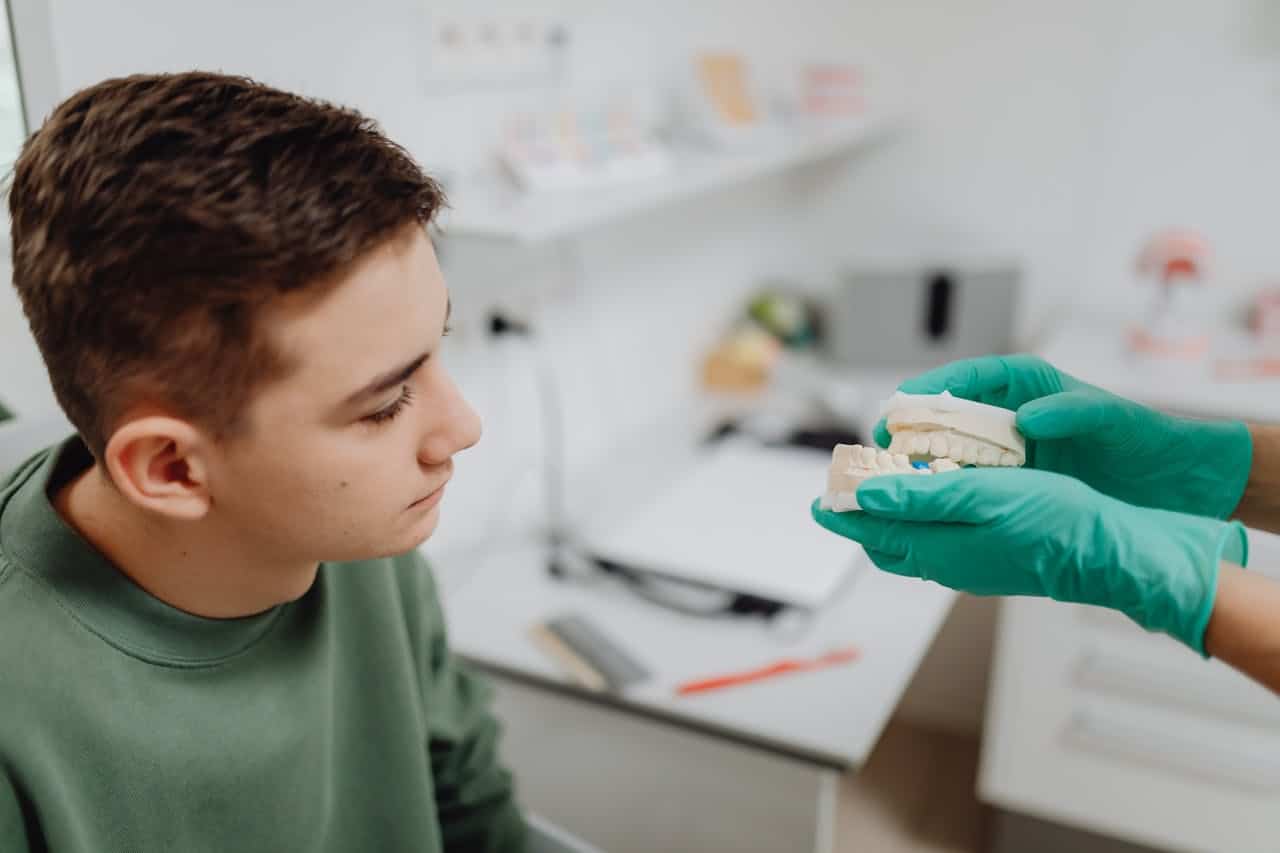Adjusting to new dentures can feel like stepping into a pair of shoes that you’re excited about but haven’t quite broken in yet. While it’s a significant step toward restoring your smile and confidence, it’s not unusual to experience some discomfort during the initial phase. The good news is that feeling a bit awkward isn’t permanent. Much like getting used to a pair of glasses or contact lenses, there’s a period of adaptation, but with time and care, things fall into place comfortably.
For many first-time denture wearers, understanding that initial discomfort is a normal part of the integration process helps manage expectations. New dentures require an adjustment period as the mouth gets accustomed to an unfamiliar object. Think of your gums and mouth as busy highways where everything needs time to merge seamlessly. By learning about the sources of discomfort and how to effectively manage them, the transition can be smoother and more bearable. Let’s explore what causes this discomfort and how you can address it.
Understanding Initial Discomfort
When you first receive your dentures, they might not feel like a perfect fit because your mouth’s soft tissues need time to adjust to the pressure and arrangement. The initial discomfort usually arises from several common factors:
– Pressure Points: Just like a stiff new shoe can rub against your heel, dentures might press on certain areas, leading to soreness or irritation.
– Unfamiliarity: Having a foreign object in your mouth might feel strange at first, as your tongue, cheeks, and gums get acquainted with the new setup.
– Gum Irritation: It’s common for wearers to experience minor sores or redness as a natural response to the new appliance rubbing against the gums.
This discomfort is usually temporary and diminishes as your mouth adapts. Understanding these causes is important because it allows you to differentiate between normal adaptation discomfort and issues that might require professional attention. It’s like figuring out if a pair of shoes just needs some breaking in or if they are truly the wrong size.
Tips for Managing Discomfort
The journey to comfortable denture use doesn’t have to be painful. Here are some strategies to help ease the transition:
1. Saltwater Rinses: A gentle rinse with warm saltwater can soothe sore gums and promote healing.
2. Denture Adhesives: These can not only provide stability but also act as a cushion between the dentures and your gums, reducing friction.
3. Regular Adjustments: Don’t hesitate to visit your dentist if discomfort persists. They can make adjustments to the fit, ensuring your dentures sit more comfortably.
By using these methods, you can reduce discomfort and help your mouth adjust more effectively. Remember, patience and minor adjustments often pay off, allowing you to get back to enjoying your favorite meals and smiling confidently.
Getting Used to Eating with Dentures
Starting to eat with new dentures can feel like a challenge, but with a few adjustments, you’ll be back to enjoying meals again. Begin with soft foods that don’t require much chewing, like mashed potatoes, yogurt, or scrambled eggs. These are gentle on your gums and give you a chance to get used to the feel of your dentures. A helpful trick is to cut your food into smaller, manageable pieces. This makes the process of chewing less overwhelming as you adjust.
Chewing slowly and using both sides of your mouth can also help stabilize your dentures. This balanced approach prevents uneven pressure, reducing discomfort. Imagine taking small bites at a steak dinner, savoring every piece as you learn the natural rhythm of new dentures. Patience here pays off, allowing you to enjoy the variety in your diet over time.
Maintaining Good Oral Hygiene
Good hygiene is key to keeping discomfort at bay. Regularly cleaning your dentures prevents irritation and plaque buildup. Using a soft-bristled brush, gently clean your dentures each night. This practice helps remove food particles and keeps them fresh. Always use mild dish soap or a special denture cleaner—regular toothpaste can be too abrasive and might damage the surface.
It’s also a good idea to clean your gums and tongue to maintain overall mouth health. A damp cloth or soft toothbrush can do the trick, ensuring you remove debris and stimulate circulation in your gums. Regular dental check-ups can further ensure your dentures fit comfortably and perform well, addressing any adjustments needed for comfort.
Embracing Your New Smile
Transitioning to dentures marks a significant step in restoring your smile and oral health. While the journey might start with minor discomfort, it leads to a rewarding place of confidence and ease. Remember, the adjustment period will eventually pass, and each day gets a bit easier. Keep in mind that what feels unfamiliar today will become second nature with time.
Patience paired with care can make a world of difference. With support and the right practices, you’ll not only manage the initial discomfort but you’ll fully enjoy the benefits of your new, shining smile. This change isn’t just about aesthetics; it’s about embracing the freedom to laugh, talk, and dine with assurance. You’re well on your way to a more comfortable and confident life.
As you continue your journey with dentures, remember that adjusting takes time and care. Avenue Dental is here to support you every step of the way. To learn more about achieving a comfortable fit and lasting confidence, explore dentures in Austin today.

